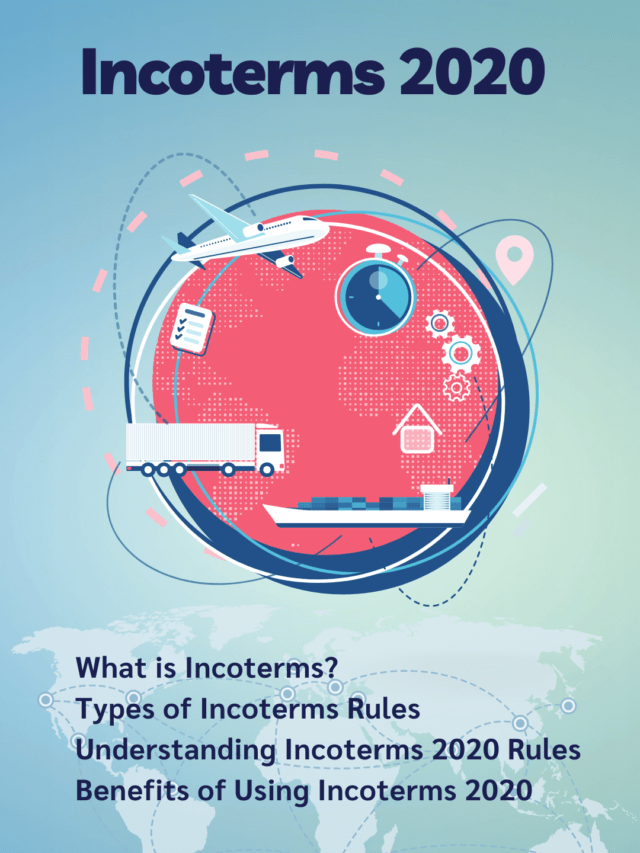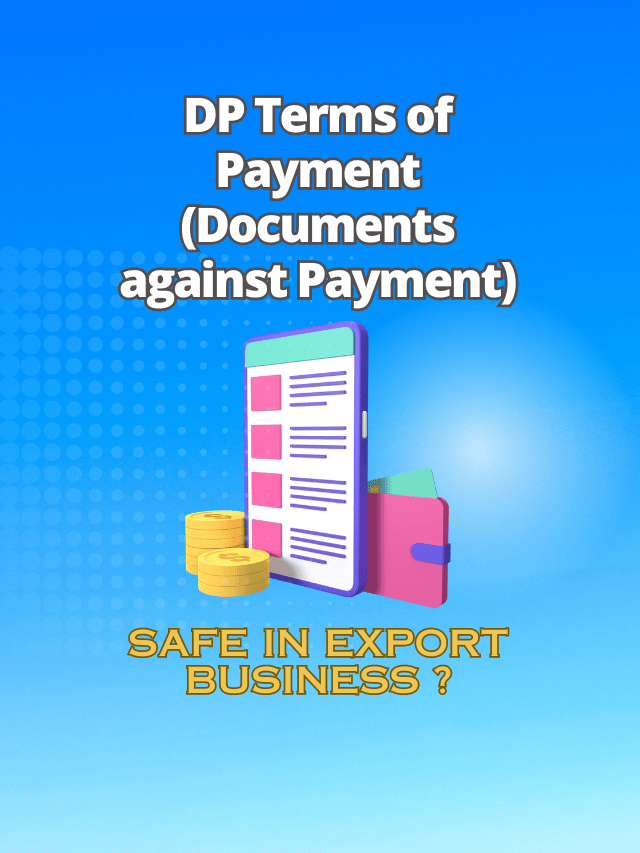Table of Contents
Understanding the Role of Letters of Credit in the realm of international trade, Letters of Credit (LC) play a pivotal role in facilitating secure and smooth transactions between buyers and sellers across borders. LCs are a widely used financial instrument that provides assurance to both parties involved. The intricacies of Letters of Credit understand their significance, benefits, challenges, and how they streamline global trade.
Understanding the Role of Letters of Credit
1. What are Letters of Credit?
A Letter of Credit (LC) is a written commitment issued by a bank on behalf of a buyer (importer) to pay a specified amount to the seller (exporter) upon the fulfillment of certain conditions. These conditions typically involve the presentation of required documents that prove the shipment and delivery of goods as per the terms of the trade agreement.
2. Key Parties Involved in an LC
Knowing the many parties involved is necessary to understand the dynamics of LCs:
- Applicant (Buyer): The person who purchases the products or services and starts the LC to guarantee payment to the vendor.
- Beneficiary (Seller): The provider of goods or services who is given the LC as payment assurance upon completing the conditions of the contract.
- Issuing Bank: The applicant’s bank issues the LC on their behalf and promises to pay the recipient when they adhere to its requirements.
- Advising Bank: The bank that receives the LC from the issuing bank and informs the recipient. This bank is frequently situated in the beneficiary’s country.
- Confirming Bank: Occasionally, a confirming bank may add its guarantee to the LC, giving the beneficiary more security.
3. Types of Letters of Credit
- Revocable vs. Irrevocable: An irreversible LC cannot be amended or canceled without the beneficiary’s permission, in contrast to a revocable LC that can be without notice to the beneficiary.
- Confirmed vs. Unconfirmed: An unconfirmed LC depends just on the issuing bank’s payment promise, whereas a confirmed LC contains the confirmation of a second bank (the confirming bank) in addition to the issuing bank.
- Standby vs. Commercial: Commercial LCs are used to make purchases of products or services, whilst standby LCs are frequently used outside of commerce to provide financial assurances.
4. How LCs Work
- Initiation: The buyer (application) declares their intention to utilize an LC to assist a trade transaction at the start of the LC procedure. This could take place during contract discussions or after an agreement has been reached.
- LC Application and Issuance: The applicant goes to their bank, the issuing bank, and asks them to issue them an LC. When the creditworthiness of the application is determined to be acceptable, the issuing bank either issues the LC directly to the beneficiary (the seller) or notifies it through an advising bank.
- Document Presentation: The exporter ships the goods and gathers the required documents (e.g., invoice, bill of lading, certificate of origin). These documents are submitted to the advising bank, which checks their compliance with the LC terms.
- Payment: If the documents meet the stipulated requirements, the advising bank forwards them to the issuing bank. The issuing bank then releases the payment to the exporter as per the LC terms.
Benefits of Letters of Credit
1. Risk Mitigation:
For exporters, LCs provide assurance of payment upon fulfilling the agreed-upon terms. Importers are assured that payment will only be made when the required documents are presented.
2. Payment Security:
LCs offer a high level of payment security to both parties. Exporters can be confident of receiving payment, and importers know that funds are disbursed only against valid documentation.
3. Trade Facilitation:
LCs streamline international trade by providing a standardized and regulated mechanism for payments. They help bridge the trust gap between unfamiliar trading partners.
4. Compliance:
The terms of an LC are legally binding, ensuring that both parties adhere to the specified conditions, including quality and quantity of goods, delivery dates, and documentation.
Common LC Terminology
1. LC Terminology Explained
To use these instruments correctly, you must be familiar with LC terminology. Important terms include:
- Sight LC vs. Usance LC: When presenting conforming documentation, sight LCs demand prompt payment; usance LCs provide delayed payment.
- Confirmed vs. Unconfirmed LC: A second confirming bank is included in confirmed LCs, giving the recipient greater security.
2. Essential LC Clauses
Expiry Date: The time period while the LC is still in effect. Presenting documents before this deadline is required.
Shipping Documents: The LC may specify the documents required for payment, such as the bill of lading, invoice, or packing list.
Inspection and Insurance: For verification of contractual compliance, the LC may demand inspection reports or insurance certificates.
Challenges and Considerations of Letters of Credit
1. Complexity:
LCs can be intricate due to the various terms and conditions that need to be met. Understanding the requirements and documentation is crucial to avoid discrepancies.
2. Cost:
The process of issuing and managing an LC involves fees and charges, which can impact the overall cost of the transaction.
3. Time Factors:
The time required to process LCs and gather necessary documents can sometimes lead to delays in payment or shipment.
Navigating Letters of Credit Successfully
1. Clear Communication:
Buyers and sellers must communicate openly and clearly to establish LC terms that align with the trade agreement.
2. Due Diligence:
Both parties should conduct due diligence on the banks involved and ensure they are reputable and capable of executing the LC.
3. Expert Assistance:
Engage trade finance experts or professionals who are well-versed in LC procedures to navigate the complexities and ensure compliance.
4. Document Accuracy:
Exporters must meticulously prepare and review documents to avoid discrepancies that could lead to payment delays or rejection.
5. Flexibility:
Negotiate LC terms that are mutually beneficial and offer some degree of flexibility to accommodate unforeseen circumstances.
Letters of Credit are a cornerstone of international trade, providing financial security, trust, and a standardized process for cross-border transactions. By understanding the fundamentals of LCs, recognizing their benefits, navigating challenges, and implementing best practices, businesses can harness the power of this financial instrument to facilitate seamless and secure global trade.
Clear communication, due diligence, expert assistance, accurate documentation, and flexibility are key elements in successfully utilizing Letters of Credit. As importers and exporters embrace this powerful tool, they can unlock new opportunities, expand their global reach, and thrive in the complex world of international commerce.
Advance payments in export-import business









3 comments
[…] Understanding the Role of Letters of Credit […]
Understanding the Role of Letters of Credit
Letters of Credit act as a safeguard against credit risk. In an LC transaction, the importer’s bank guarantees payment to the exporter, provided that the exporter fulfills the terms of the contract.